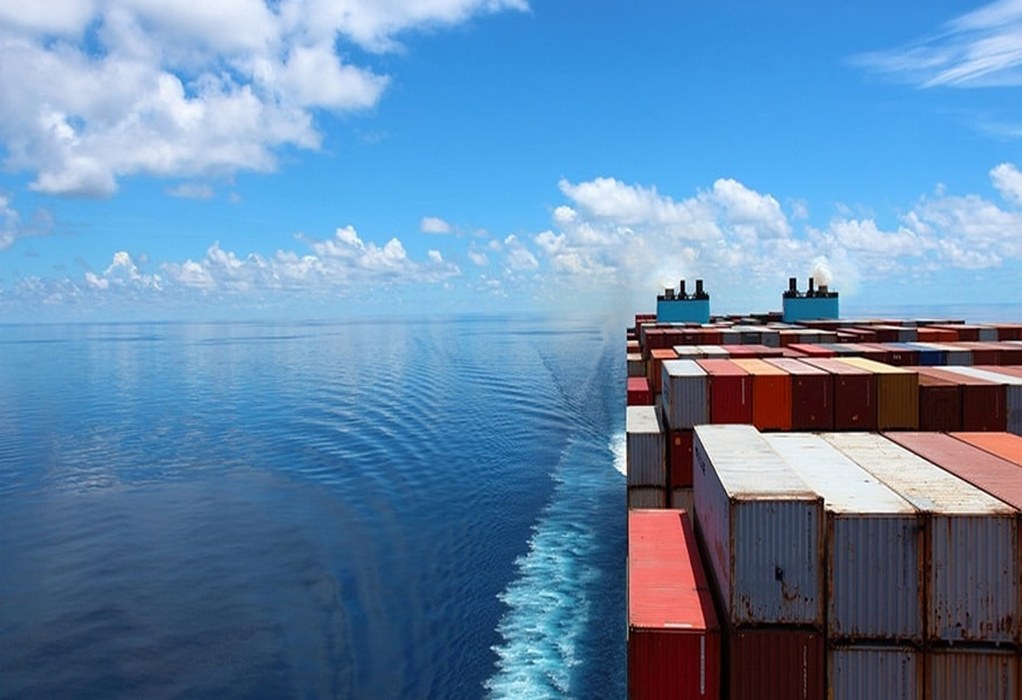Seafaring is set to change significantly over the coming decades as the maritime industry pursues decarbonisation goals — bringing in changes to the fuels bunkered and used onboard, scaled up technology and digitalisation, and a greater incorporation of automation onboard vessels of all types.
These changes will significantly impact seafarers and their workplaces, yet crew members are curiously absent from our industry’s conversations about the future of an industry that is relies on their contributions.
As stakeholders, crew have a vested interest in safe and sustainable solutions, supportive green technologies, and improved ship design. Their roles onboard mean they are intrinsic to discussions about technology onboard, impact of regulations, what is needed to support recruitment and retention, and how best to streamline operations for a more efficient future.
Recent panel discussion on ‘Decarbonisation: Sustainability and Crewing enroute to 2050’ sought to address this gap by bringing together a range of expert stakeholders to the table — including experienced and serving seafarers — to highlight the opportunities that remain unexplored in maritime’s Just Transition.
The necessary pace of change to meet 2050 decarbonisation targets brings with it the need to train, retrain and upskill seafarers the world over. The industry may agree on the need for training and education as a Just Transition, but Captain Chawla noted that a critical area of conflict continues to remain unresolved — who should pay for this training?
There remains no consensus within the realm of seafarer health provision as to whether the costs should be met by charterers, owners or the crew themselves. Are we set to encounter the same barriers to training around future fuels and new technologies? Our industry is unlikely to proceed until we recognise these key impasse points and create collaborative solutions to tackle them. And we can only truly begin once we have all stakeholders represented at the table.
Regulation sets the pace for global advance on the decarbonisation of shipping. As a result, ongoing updates to the International Convention on Standards of Training, Certification and Watchkeeping for Seafarers (STCW) are essential to progress matters relating to seafaring and decarbonisation.
Our own work supporting seafarers supports these conclusions. A greater emphasis on soft skills goes hand-in-hand with instituting a “culture of care” in shipping — a top-down and bottom-up approach where mental health support provision and items like anti-bullying policies are the norm. We know such frameworks and policies are valuable: not only are seafarers actively advocating for their inclusion, but Environment, Social, Governance (ESG) criteria have also prioritised strong and effective workplace policies, particularly for new, green business investments.
While most discussions on decarbonisation focus primarily on new fuels, there are also significant gains to be made in efficiency by simply reassessing existing design for vessels and onboard technologies.
Decarbonising ship designs also creates the opportunity to address longstanding issues, such as reducing the impact of noise and vibration endured by crew while onboard. While good quality equipment can help mitigate noise-induced hearing loss, crew also report long term effects on health. These can limit their ability to pass medicals, reducing our pool of highly-skilled and experienced seafarers crewing our vessels.
Notably, in 2023 the International Maritime Organization (IMO) drafted revised guidelines for ship design and construction (SD 9) to reduce underwater noise caused by commercial shipping. While this is intended to address adverse impacts on marine life, this may also have a positive impact on crew health and well-being.
Collaboration between ship and shore must be an ongoing process, with operational feedback from seafarers considered in future revisions of technologies and layouts. As Captain Chawla said, this is a challenging process as no current frameworks exist for taking operational feedback from ships to classification societies and shipyards.
The relatively uncharted territory of decarbonisation offers an unprecedented opportunity to progress and evolve existing systems and frameworks — if we have the right information to hand. Welcoming seafarers to the table weighs those odds in our industry’s favour.
Tags: Decarbonisation, Seafarers, Shipping, Vessels



Recent Posts
Robert Allan Ltd. to Design Fully Electric AmpRA 3600 Tug for Tianjin Port
U-Ming Marine Conducts First Bunkering of FAME B24 Biofuel
DNV Validates Electric Hydrogen’s HYPRPlant for Safety, Efficiency and Commercial Readiness
Nepal Eyes Green Hydrogen Future with Policy Push and Hydropower Potential
India Tests First Hydrogen-Powered Rail Coach at ICF Chennai
Scandlines Nears Delivery of Zero Emissions Ferry Following Successful Sea Trials
India faces emission roadblocks with rising net-zero demands
Green Energy Resources invests in two electric Liebherr LHM 550